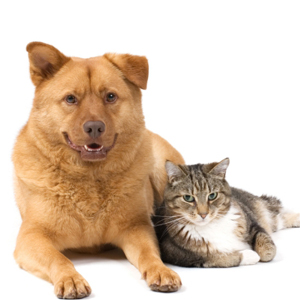EARLY SENIOR SIGNS … Have you noticed any lumps or bumps; changes in appetite or thirst; changes in body weight; incontinence; periods of vomiting or diarrhea; bad breath or favouring one side of the mouth to eat; coughing or breathing difficulties; difficult with mobility on long walks or jumping into the car?
Did you know the average lifespan of our pets is in their ‘teens? ‘YES a teenager’!
It is clear that our pets age in their own time zone and don’t follow our ‘human’ rules.
What age is geriatric? For cats it’s usually from 10 years of age; however for dogs it depends on the breed from 7 to 10 years of age.
The single most important step a pet owner can take to keep their pet happy and healthy as long as possible is to schedule regular veterinary exams.
From around TEN years of age senior pets need more frequent health checks than the annual check performed up to this point.
Geriatric pets need urine test every 6-12 months to check for early signs of common diseases such as liver, kidney and urinary tract infections. A recent study in geriatric cats and dogs showed 90% had at least one abnormality after undergoing a blood screen and urine test.
And a health check at six monthly intervals for early detection of arthritis, tumours, cardiac, dental, eye and hormonal disease. Eg. A pet may lose 75% of kidney tissue before it shows any signs of illness.
So early detection is vital. Kidney disease affects around 40% of aged cats, and many of these have concurrent hyperthyroidism.
